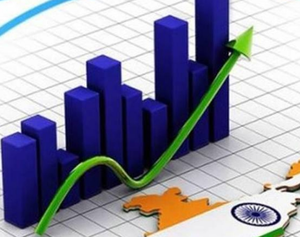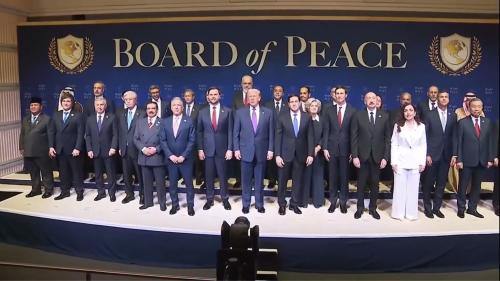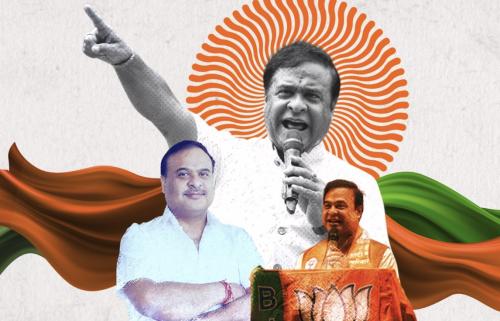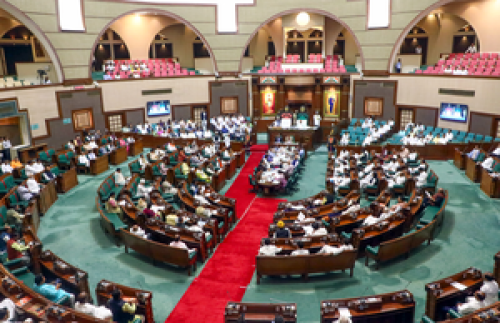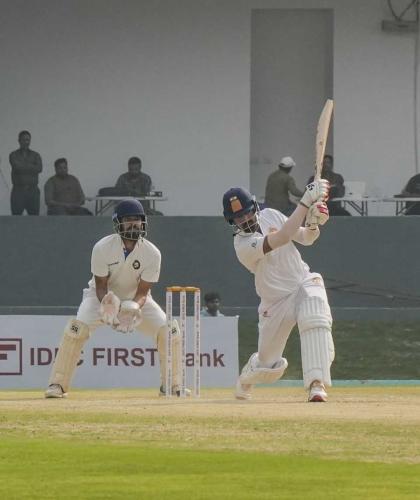New Delhi, Sep 26 (IANS) India’s economic outlook remains broadly optimistic despite a turbulent international environment marked by geopolitical uncertainties and shifting trade dynamics, according to the Finance Ministry’s monthly economic review released on Friday.
With the GDP growth having surprised on the upside in Q1 FY26, domestic components of demand have played a key role in supporting growth and are expected to remain so in the next half year as well, it said.
Recognising the need to strengthen domestic growth drivers amid these heightened external sector risks, the government has announced a rationalisation of the GST regime. This move is expected to lower the tax burden on consumers, boost consumption, and provide a cushion against tariff impacts. Additionally, it is likely to improve demand visibility for firms, enabling them to expand investment in additional capacities, the review states.
The Union government’s reform agenda is expected to cushion the economy against the adverse effects of trade disruptions. Regulatory reform and infrastructure development will be key to sustaining momentum. The near-term outlook, therefore, is characterised by steady, reform-driven growth rooted in macroeconomic discipline and adaptive economic diplomacy, with ongoing vigilance warranted against external shocks and global market volatility, according to the review.
Inflation is expected to remain well under control, with replenished reservoirs auguring well for the winter crop. Additionally, the revision in GST rates may lead to a one-time reduction in inflation over the next year, it observes.
Despite trade and tariff-related headwinds, India’s external sector has remained resilient. Strong service exports and remittances have offset the merchandise trade deficit, while gross FDI inflows continue to rise, underscoring India’s appeal as an investment destination, the review points out.
Labour market momentum is expected to stay positive. However, the recent US imposition of a one-time fee of $100,000 for all future H-1B visas causes disruptions, the impact of which—particularly on the growth of future remittances and service trade surpluses—will need close monitoring if the restrictions persist. India is also expanding its economic partnerships, signing a bilateral investment treaty with Israel and preparing a Comprehensive Economic Partnership Agreement with Oman to reduce duties, boost investment, and diversify trade beyond energy imports.
The review points out that the combination of strong growth, macroeconomic stability, and credible commitment to fiscal discipline over the previous few years has earned India its third sovereign ratings upgrade in FY26. After upgrades by Morningstar DBRS and S&P Global Ratings, Japanese credit ratings agency Rating and Investment Information, Inc. (R&I) upgraded India’s sovereign rating from BBB to BBB+ while retaining a stable outlook.
With the reform push, there is a further upside bias on the growth prospects of the country. The OECD revised India’s GDP growth forecast for 2025 upward by 40 basis points, to 6.7 per cent from the earlier 6.3 per cent projected in June, citing strong domestic demand and the impact of robust GST reforms.
At the same time, the review points out that the decision by the US government to impose a fee on new H1B visa-seekers is a reminder of the risks of trade uncertainties affecting the hitherto unaffected services sector. For now, the risks appear manageable, but they are there, it added.



